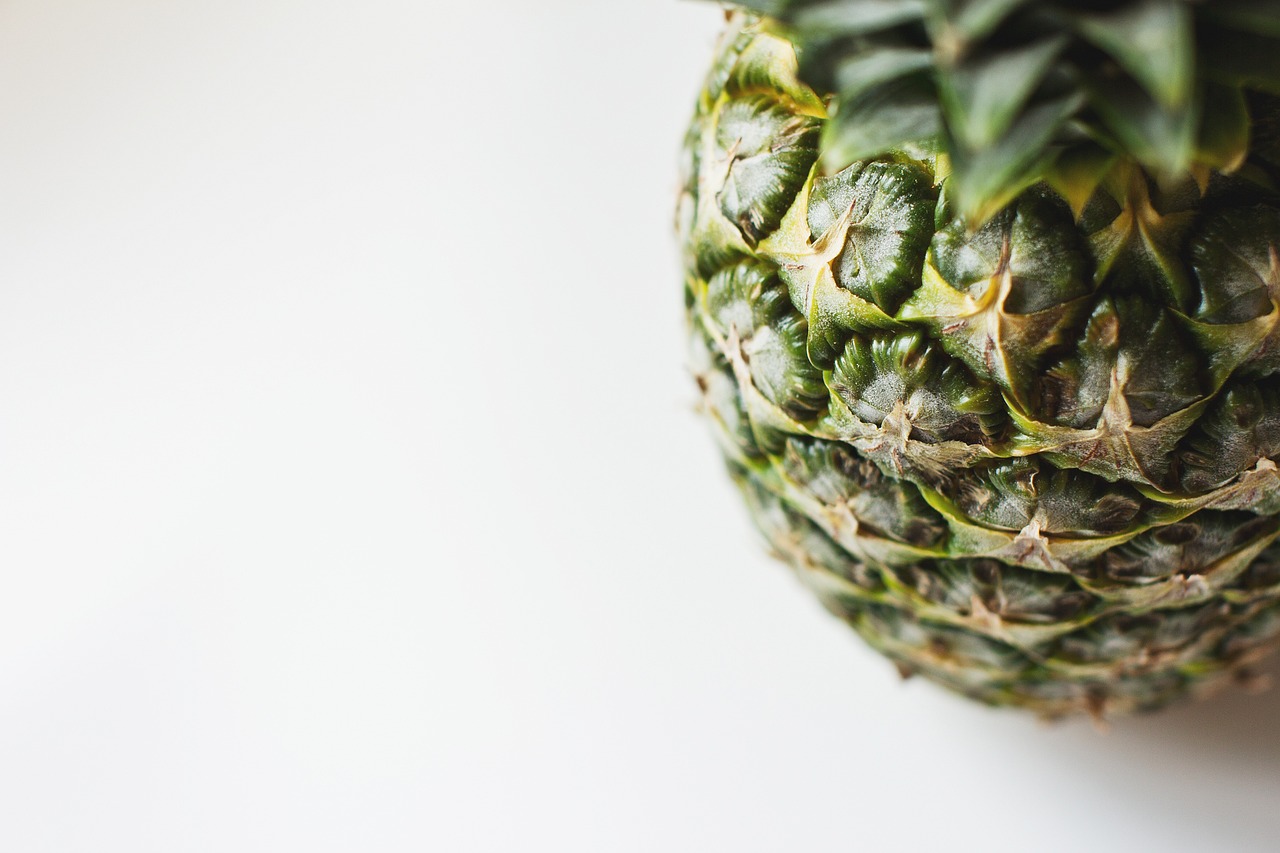Spotlight on QSRs Implementing Sustainable Seafood Practices: Betbhai9 com sign up, Playexch, Gold365win
betbhai9 com sign up, playexch, gold365win: QSRs (Quick Service Restaurants) have been facing increasing pressure to adopt sustainable practices in their supply chains, especially when it comes to seafood. With concerns about overfishing, habitat destruction, and unethical labor practices on the rise, consumers are demanding that their favorite fast-food chains take action to ensure that the seafood they serve is sourced responsibly.
In response to this growing demand, many QSRs have started to implement sustainable seafood practices in their operations. These initiatives range from sourcing seafood from certified sustainable fisheries to working with suppliers to improve transparency and traceability in their supply chains.
In this article, we’ll shine a spotlight on some of the leading QSRs that are taking steps to promote sustainable seafood practices and highlight the impact their efforts are having on the industry as a whole.
McDonald’s: Leading the Way in Sustainable Seafood Practices
McDonald’s, one of the largest QSRs in the world, has been a trailblazer when it comes to implementing sustainable seafood practices. The company has committed to sourcing all of its fish and seafood from sustainable sources by 2020. To achieve this goal, McDonald’s has worked closely with its suppliers to ensure that they meet the highest standards of sustainability, including certifications from organizations like the Marine Stewardship Council (MSC).
In addition to sourcing sustainable seafood, McDonald’s has also taken steps to improve transparency and traceability in its seafood supply chain. The company has implemented a tracking system that allows customers to trace the journey of their fish fillet sandwich back to the source, giving them peace of mind that the fish they are eating was caught responsibly.
By leading the way in sustainable seafood practices, McDonald’s has set a positive example for other QSRs to follow. The company’s commitment to sustainability has not only had a positive impact on the health of our oceans but has also helped to raise awareness among consumers about the importance of responsible fishing practices.
Subway: A Fresh Approach to Sustainable Seafood
Subway, known for its customizable sandwiches and fresh ingredients, has also been making strides in promoting sustainable seafood practices. The company has partnered with sustainable seafood organizations like the MSC to ensure that its seafood products meet rigorous sustainability standards.
Subway has also made a commitment to source 100% wild-caught, sustainable seafood for its sandwiches, salads, and wraps. By working closely with its suppliers and fisheries, Subway is able to guarantee that the seafood it serves is caught in a way that protects marine ecosystems and supports local fishing communities.
In addition to sourcing sustainable seafood, Subway has also taken steps to educate customers about the importance of responsible fishing practices. The company’s website provides information about its sourcing practices and the initiatives it has undertaken to promote sustainability in its seafood supply chain.
By taking a fresh approach to sustainable seafood, Subway is showing that QSRs can make a positive impact on the environment while still providing customers with delicious and responsibly sourced seafood options.
Starbucks: Brewing Up Sustainable Seafood Solutions
While Starbucks is best known for its coffee, the company has also been playing a role in promoting sustainable seafood practices. Starbucks offers a variety of food options, including sandwiches and salads that feature seafood ingredients sourced from responsible fisheries.
Starbucks has partnered with organizations like the Sustainable Fisheries Partnership to ensure that its seafood products meet the highest standards of sustainability. The company has also committed to eliminating the use of endangered species in its seafood supply chain and has taken steps to reduce its overall environmental impact.
By brewing up sustainable seafood solutions, Starbucks is demonstrating its commitment to making a positive impact on the health of our oceans and marine ecosystems. The company’s efforts to promote sustainable fishing practices are helping to raise awareness among consumers about the importance of choosing seafood products that are sourced responsibly.
FAQs
Q: What does it mean for seafood to be sustainable?
A: Sustainable seafood refers to fish and seafood products that are caught or farmed in a way that ensures the long-term health and viability of marine ecosystems. This includes practices that minimize bycatch, protect endangered species, and promote the well-being of fishing communities.
Q: How can consumers support sustainable seafood practices?
A: Consumers can support sustainable seafood practices by choosing seafood products that are certified by organizations like the MSC or the Aquaculture Stewardship Council (ASC). They can also ask restaurants and grocery stores about their sourcing practices and opt for seafood options that are caught or farmed in a way that protects marine ecosystems.
Q: Why is it important for QSRs to implement sustainable seafood practices?
A: QSRs play a significant role in the seafood supply chain and have the power to influence consumer behavior. By implementing sustainable seafood practices, QSRs can help to promote responsible fishing practices, protect marine ecosystems, and support the well-being of fishing communities. Additionally, by sourcing sustainable seafood, QSRs can appeal to consumers who are increasingly seeking out environmentally and socially responsible food options.
In conclusion, QSRs that are implementing sustainable seafood practices are setting a positive example for the industry as a whole. By working with suppliers, partnering with sustainability organizations, and educating consumers, these companies are making a real impact on the health of our oceans and marine ecosystems. As consumer demand for sustainable seafood continues to grow, it is crucial that QSRs continue to prioritize sustainability in their seafood supply chains to ensure a healthier and more sustainable future for our planet.







